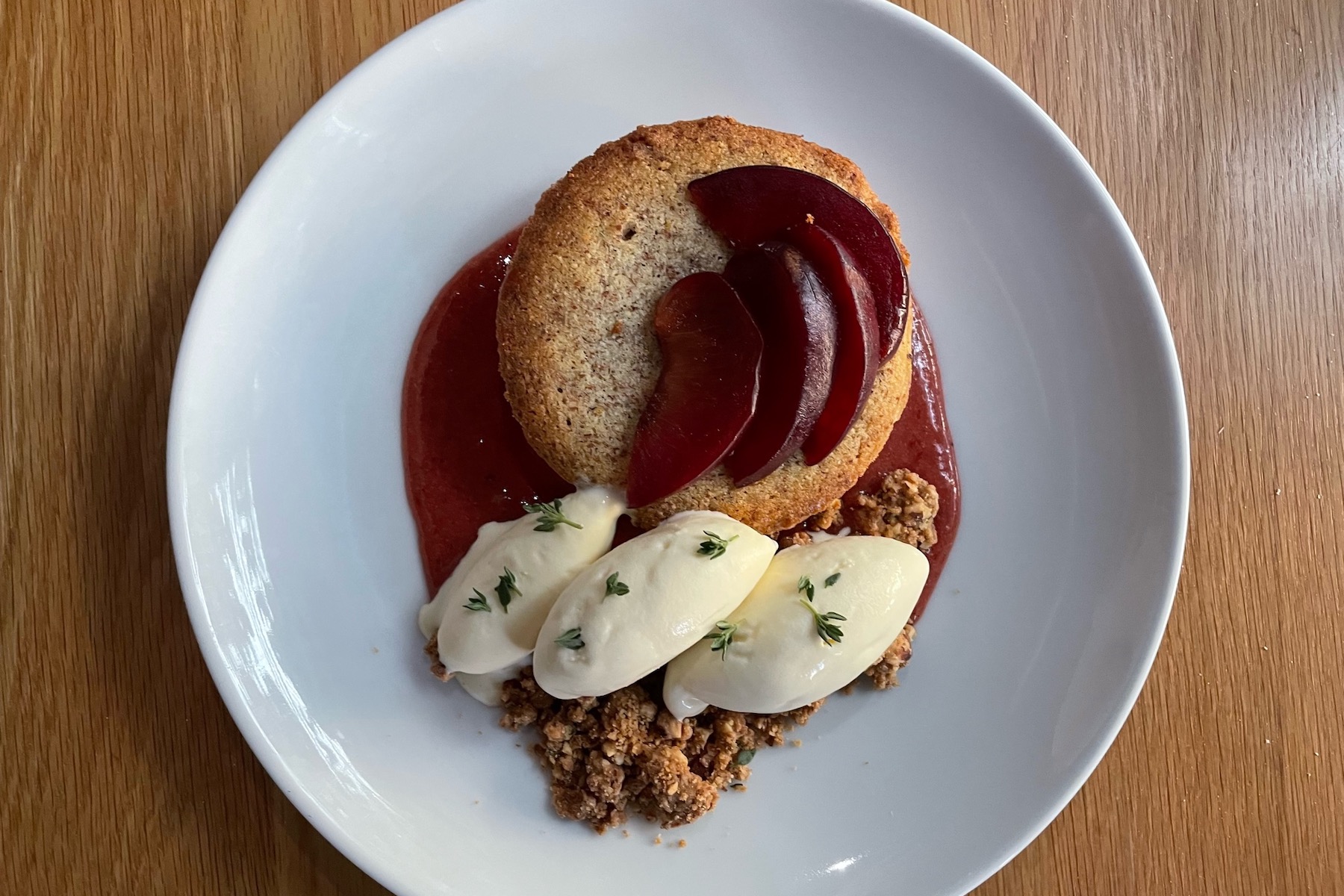Yes, Dallas, We Should Be Angry About the James Beard Awards
The latest of 106 consecutive snubs in the awards stings because it shows that the Beards have given up entirely on their stated goal of honoring the “Best.” The last Dallasite to win a competitive Beard was Dean Fearing in 1994. Since then, there have been 106 local semifinalists, including Dallas suburbs, since then, none of the 106 have won. The last winner from Dallas was from Ana Liz Pulido of Ana Liz Taquería in Mission, a taco spot in Mission. Critics argue that the award should go to the best chef in Texas, rather than the best in Texas. The author also criticizes the lack of transparency about the decision-making of the awards and suggests that the judges may be grading on a small-market curve, patronizing an underdog, or making a statement, but not choosing the "Best" award.

Pubblicato : 12 mesi fa di Brian Reinhart in Lifestyle
Dallas’ James Beard Awards losing streak extended beyond the 30-year mark last night. Its three finalists—representing three of the city’s best restaurants over the past decade—each got a well-deserved moment in the spotlight. But each lost: Lucia’s David Uygur lost the national grand-champion Outstanding Chef award to a Washington, D.C. talent, Gemma lost Outstanding Hospitality to a brunch spot in Chicago, and Petra and the Beast’s Misti Norris lost the statewide Best Chef: Texas award to Ana Liz Pulido of Ana Liz Taquería in Mission.
The last Dallasite to win a competitive Beard was Dean Fearing in 1994. Since then, the number of local semifinalists—including Dallas suburbs—has reached 106 contenders. None of the 106 have won. Our only food industry honorees since Fearing are Dallas Mozzarella Co. founder Paula Lambert (a “Who’s Who” listing) and Sonny Bryan’s Barbecue (metro Dallas’ only entry in “America’s Classics”).
It’s at least understandable to see restaurants from Chicago and D.C. taking home big awards. But a taco spot in Mission, Texas?
I’ve never been to Ana Liz Taquería, so after its win, I searched online for professional food or travel writing that describes the restaurant. I found exactly one article, a Texas Monthly review by James Beard Awards committee member José Ralat. It paints a glowing picture. Pulido is a likable 26-year-old woman who had to face down condescending, sexist contractors and elders to open her restaurant.
Pulido nixtamalizes her own corn for tortillas and serves tostadas with not one, not two, but six salsas. Six! Ana Liz Taquería’s menu features tacos from $2.25 to $4.20 with fillings like fajita meat, carnitas, and a chile relleno. You can get quesadillas, empanadas, a baked potato, and side orders of corncob “ribs” and “spicy potatos” (sic).
This kind of cooking is not headline news in the rest of Texas. Some other chefs who nixtamalize their own corn for tortillas include Emmanuel Chavez of Tatemó in Houston, who lost to Pulido; Edgar Rico of Nixta in Austin, who won a national Beard last year; the longlisted but non-award-winning Dallasites Regino Rojas, Anastacia Quiñones-Pittman, and Olivia López; and the never-nominated Dallas restaurant El Carlos Elegante.
What makes Ana Liz Taquería objectively better than all those restaurants? The Beards prefer to keep their decision-making in the dark. Judges are, in fact, prohibited from explaining their decisions. They’re daring us to drive all the way down to Mission and find out.
• Ana Liz Taquería truly is a better restaurant than all rivals in San Antonio, Houston, Dallas, Austin, and the rest of Texas. You name ’em, it’s better. If we drive down, we will say, “Wow, this really is better than all the other food in Texas.”
• When the judges say “Best,” they don’t actually mean “Best.” They could be grading on a small-market curve, patronizing a lovable underdog, making a statement, or propelling someone into the spotlight—but not choosing the “Best.”
Both are possible! One of them is more likely.
There are practical problems with judging awards like these, starting with expensive and time-consuming travel to every candidate. No judge has been to all the contenders often enough to assess consistency. In my experience as a two-time judge, most judges visit fewer than half of the contenders.
But all those problems are secondary to the biggie. This award says “Best Chef: Texas.” It should go to the best chef in Texas. The Beards, in this and other recent years, have lost touch with that basic idea.
To be clear, this is not an elitist argument that fancy restaurants are better. Nor is it a racist argument that tacos are inferior. I’ve publicly campaigned on behalf of Revolver Taco Lounge in the past.
The argument is simpler than that. “Best” should mean best. Iliana de la Vega, 2022’s winner at Austin’s El Naranjo, could well be the best chef in Texas. Houston’s Chris Shepherd, a past winner in the region, probably was the best chef in Texas in his prime at Underbelly. Misti Norris, a finalist this year for her work at Petra and the Beast, is the most interesting chef in Texas right now, and San Antonio’s Steve McHugh, a runner-up to de la Vega, is the most consistent.
The Beard Awards have opted instead for Pretty Good Chef: Texas. Or Person We Want to Put a Spotlight On: Texas. Maybe even Most Underrated Chef: Texas. That’s all good and fine in the Person We Want to Put a Spotlight On Awards.
But—and I’m speaking now on behalf of not just of Dallas, but all the other pretty good chefs in Texas who didn’t win the Beard for Pretty Good Chef: Texas—have they completely given up on the idea of “Best”? From my outsider’s seat, it looks like the Beards have responded to the natural impossibility of scouting all the nation’s restaurants by putting the awards’ prestige and good name in the hands of random chance.
Or it seems random until you remember that Dallas has lost 106 in a row.
Temi: Food & Drink
